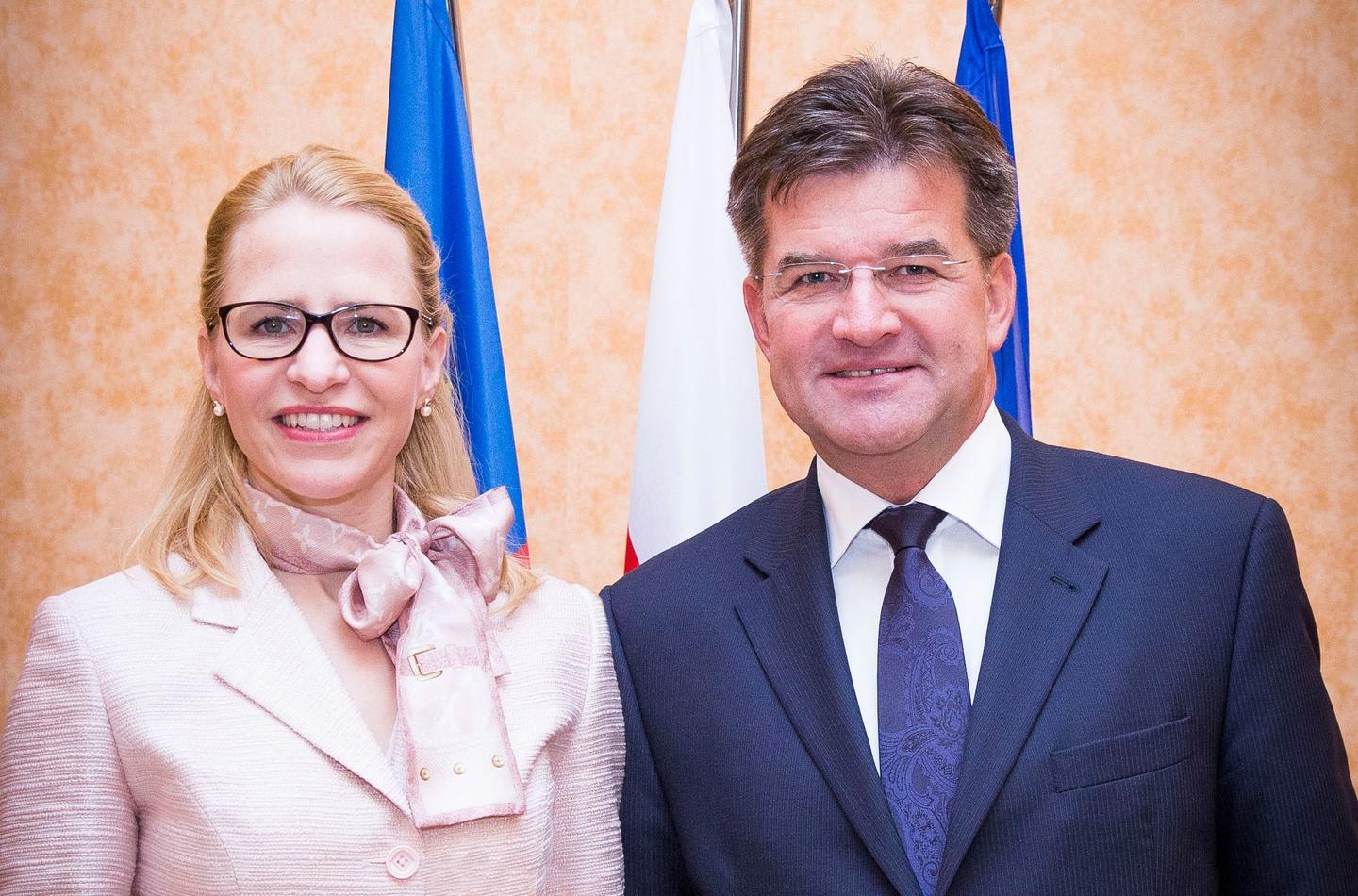Strengthening the political, economic and cultural ties between Iceland, Liechtenstein and Norway, and each of the 16 beneficiary countries, is a key objective of the EEA and Norway Grants. Cooperation between people and institutions at administrative and political levels and in the private sector, academia and civil society is a prerequisite for strengthened bilateral relations. Such cooperation is facilitated and supported at all levels.
In the context of the EEA and Norway Grants, strengthened bilateral relations is defined as:
“Cooperation, joint results and increased mutual knowledge and understanding between donor and beneficiary states as a function of the EEA and Norway Grants.”
This article takes a look at some of the achievements in strengthening the bilateral relations between the beneficiary countries and Liechtenstein in the context of the EEA Grants.
In particular, deepening Liechtenstein’s existing relationship with the Czech Republic remains an important priority as the Czech Republic is the only beneficiary country where Liechtenstein is accredited with a bilateral Embassy.
Cooperation in the field of education has been particularly successful. Entities and individuals in Liechtenstein are participating in project partnerships and exchanges with beneficiary states via the scholarships programmes.
What has been achieved?
There are currently 26 projects with partners from Liechtenstein. Partnership projects exist with Poland (9), the Czech Republic (7), Romania (4), Latvia (2), Bulgaria (1), Slovakia (1), Slovenia (1) and Spain (1).
Focus on educational exchange
In the current funding period, 47 students, teachers and staff from seven beneficiary countries (14 from Bulgaria, 8 from Romania, 7 from the Czech Republic and from Poland, 6 from Slovenia, 4 from Hungary and 1 from Spain) have so far taken part in exchanges with the University of Liechtenstein, the Liechtenstein Institute, International Akademie fur Philosophie, Hilti AG, the Hospital Liechtenstein and Bodhi Massage. Six students and staff from Liechtenstein have taken part in exchanges with Poland, Romania and Slovakia.
“The scholarship programmes are all contributing to strengthening the relations and cooperation with the beneficiary countries as all projects need to have a partner from the donor countries. We welcome the great interest from students and university staff from the beneficiary countries in coming to Liechtenstein. This is also a sign of trust in the quality of the educational system of Liechtenstein,” said Marion Kindle-Kühnis from the National Agency for International Education Affairs (AIBA) in Liechtenstein.
AIBA is a donor programme partner in the scholarship programmes in nine beneficiary countries. Through the EEA Grants, students, university staff, primary and secondary schools as well as other educational institutions in Liechtenstein have an increased opportunity to take part in international exchange with the beneficiary countries.
“Developing the joint projects together creates trust and understanding on both sides”, said Kindle-Kühnis.
The University of Liechtenstein, together with partners from Iceland and Norway, is also taking part in several projects in Poland to increase educational cooperation, internationalisation and student and staff exchanges.
International cooperation
As an example from the field of culture, the House of Literature in Liechtenstein, together with partners from Iceland and Norway, is involved in a project with Poland which brings together authors from the four countries. The project focuses on helping to change attitudes towards and increase acceptance of cultural differences, acting against stereotypes and initiating intercultural dialogue.
Bilateral funds in each beneficiary country are providing earmarked financing for initiatives aiming to facilitate and promote cooperation. Funded by the bilateral fund in the Czech Republic, an international conference on combating corruption, money laundering and recovering criminal assets was organised in Prague in October 2015. Liechtenstein participated actively in the conference. The Prosecutor General of Liechtenstein moderated an expert panel on asset recovery and closed the conference. The event was attended by high-level speakers and experts and attracted 240 participants from 47 countries.
